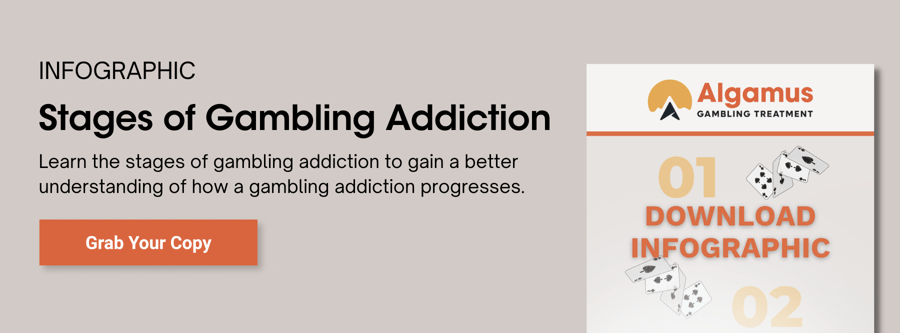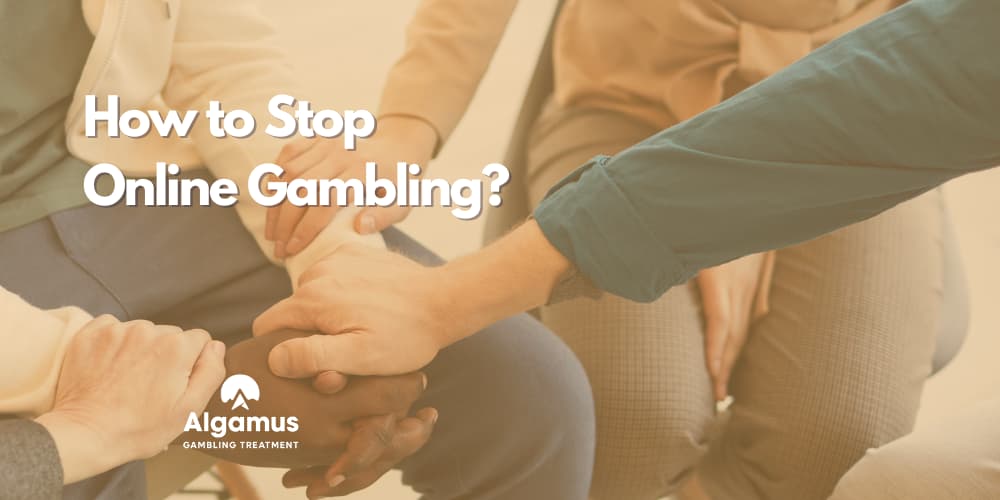
How to Quit Online Gambling: A Recovery Guide
Online gambling refers to placing bets or wagers on games or events via the internet, including casino games, sports betting, and virtual slots. While initially seeming harmless, it can quickly develop into a dangerous addiction.
Why Online Gambling Is Addictive:
- Dopamine release creates feelings of pleasure and reward
- Variable reinforcement through unpredictable wins
- Provides escape from stress and negative emotions
- Social aspects and sense of belonging
- Cognitive distortions about winning chances

Phone with sports betting app displayed
Common Signs of Online Gambling Addiction:
- Preoccupation with gambling activities
- Inability to control or limit gambling
- Continuing despite negative consequences
- Chasing losses to recover money
- Increasing time and money spent gambling
- Hiding gambling from others
- Neglecting responsibilities

Gambling addiction progression stages
Legal Status in the US: Online gambling legality varies by state. While some states have legalized and regulated certain forms, others prohibit it entirely. The 2018 Supreme Court ruling allowed states to legalize sports betting individually.

Group holds hands in circle formation
How to Block Gambling Sites:
- Use gambling-specific blockers (BetBlocker, Gamban, GamStop)
- Enable device parental controls
- Install browser extensions
- Contact your internet service provider
Steps to Quit Online Gambling:
- Acknowledge the problem
- Seek professional help
- Identify and avoid triggers
- Find healthy alternative activities
- Join support groups
- Set achievable goals
- Practice patience in recovery
Treatment Options: Professional help through qualified counselors and addiction specialists is crucial for recovery. Support groups and therapy can provide necessary tools and accountability for long-term success.

Players at casino roulette table

Man sits alone on bridge
Related Articles

Warning Signs of Gambling Addiction: Know What to Look For

